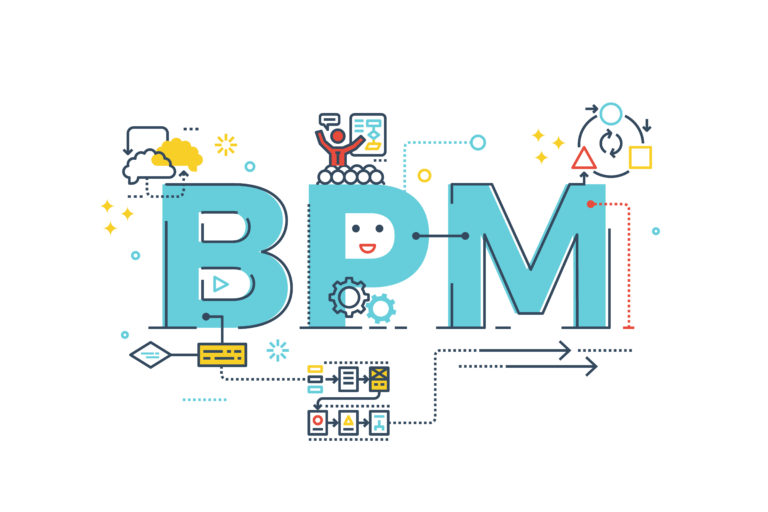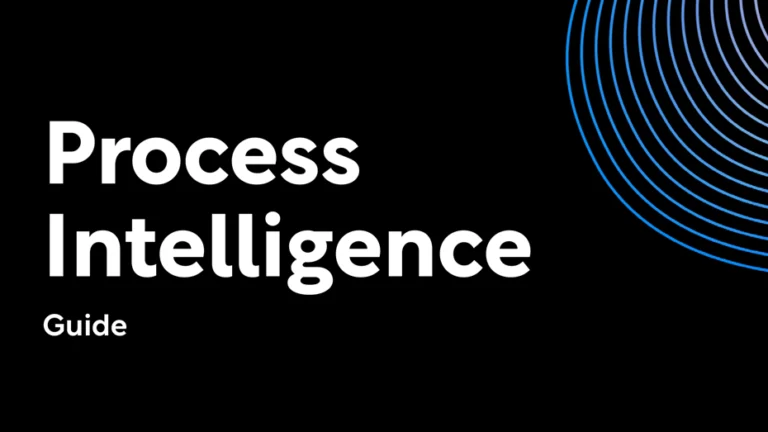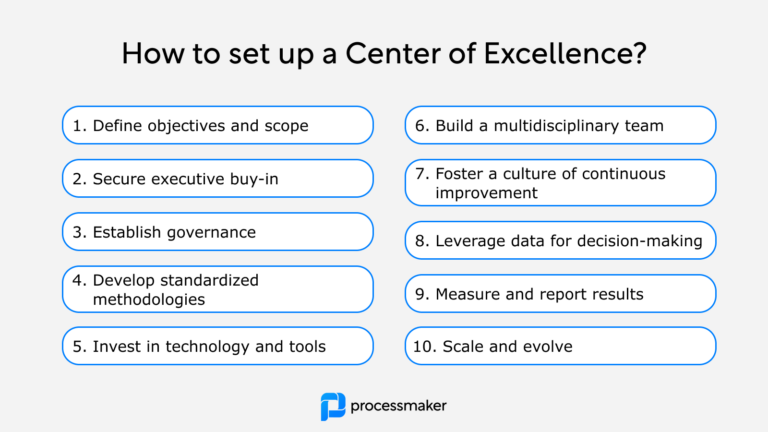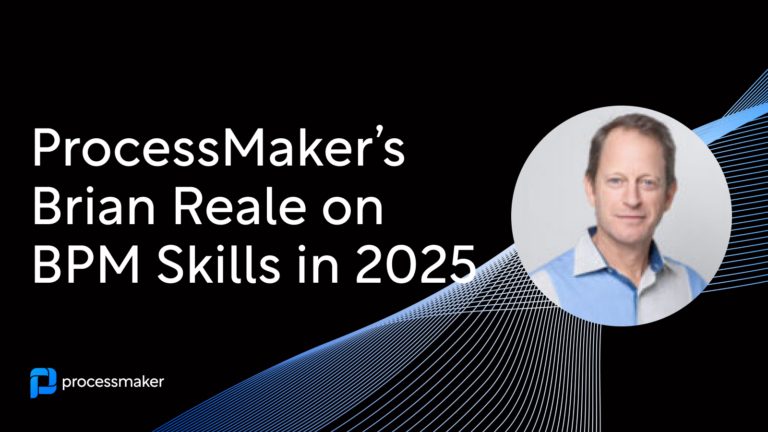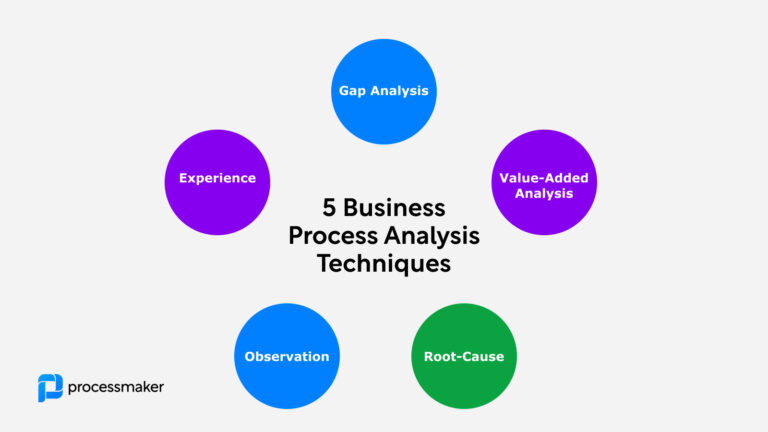Which comes first, process or data? That depends on how you define both “process” and “data.” In the real world, there appears to be no single correct answer. On the one hand, those in business process management (BPM) understand the great value in process models, but starting with a process each and every time can cause you to miss out on stories data may be trying to tell, and the processes you then could build to tell them.

In situations like adaptive case management (ACM), data and data changes trigger decisions and actions, which are structured into processes as necessary. Many organizations start their thinking from the perspective of data, and just as many are adamant that process is the starting point. Here are some of the points both sides make.
An Argument for Data First
In practice, it is not uncommon for the proliferation of data that emerge without much context to cause an organization to create processes. Whatever business you are in, data starts accumulating immediately, whether you realize it or not. It includes things like price lists, customer lists, and transaction records. This data will pile up whether or not there’s a process to do anything with it. But eventually, growth makes it so that organizing all that data makes sense. What story is the data trying to tell? Developing processes can help you figure this out.
These processes can then be used to inform marketing, sales, customer service, and discussions with potential clients and make these processes more predictable. The result is often more data, and more processes may result in new ideas for deriving meaning from data emerge.
An Argument for Process First
Equally insistent are those who say data doesn’t exist without processes that generate it. That sales data doesn’t exist without the sale process, for example. Those who take a process-first view aver that you start with people and processes, and it is your business and its requirements that help you define your data. In other words, you use processes to define your business scope and limitations, not your data. You should start with a business process, and then create data definitions.
Data created by your processes may lead to more processes, but it wouldn’t exist in the first place if there weren’t a process going on to create it. That process may be as simple as a signed purchase order, but that’s how you amass valuable sales data in the first place.
What Both Sides Can Agree On
There are strong arguments on both sides of this issue, but there are some things that both can agree upon. For example, the purposes of using processes to generate and act on data are ultimate to make business more efficient, increase revenues, and make customers happy. Data-first proponents will always be able to make the argument that data precedes process, and likewise, process-first proponents can always trace data back to a process. However you define your starting point, the need for relevant business process management requires both data and process. Neither can reach its potential without the other.
Conclusion
Whether you build a process based on data you already have, or whether you create a process to generate valuable data, your approach must be in service of a defined business goal. Whatever perspective you begin with, you will ultimately deal with a mix of process and data, and the end result should be better business practices. If that’s not the case, there could be a problem with your process, your data, or both.
ProcessMaker is open source BPM software that lets you define processes intuitively, with your desired outcome in mind. ProcessMaker has numerous tools already built-in, and because it’s open-source, it’s fully customizable for your context. Why not take the ProcessMaker Enterprise Edition for a test drive? Or you can download the Community Edition of ProcessMaker for free. Making your business better is your goal, and it’s our goal too.
